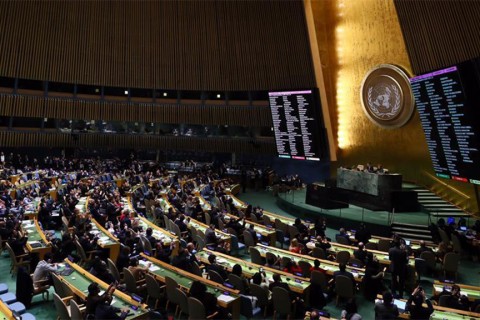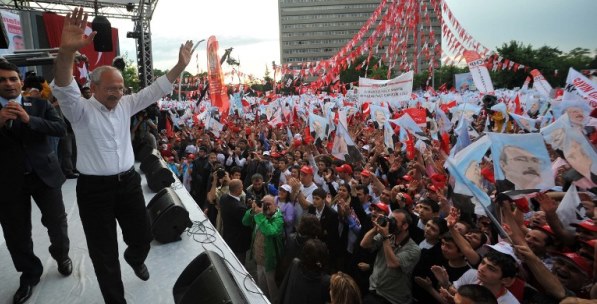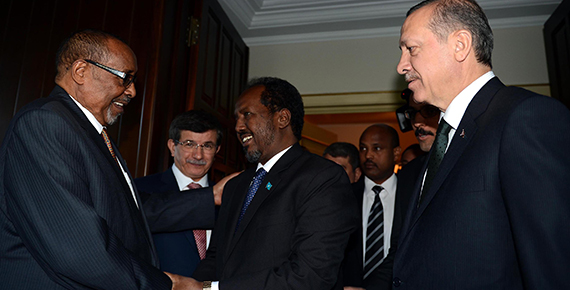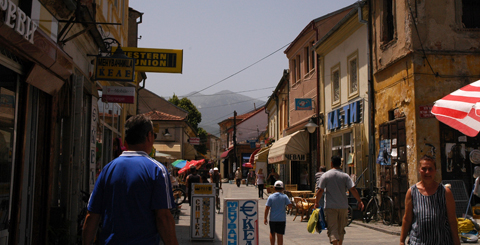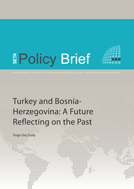1992
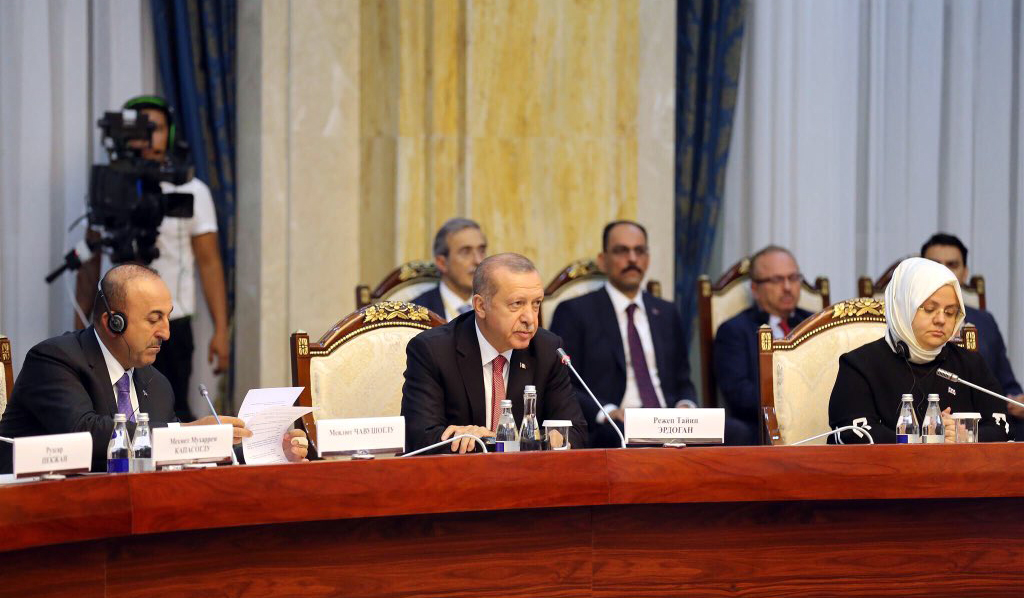
Erdoğan’s warning on FETÖ threat in Kyrgyzstan
| OpinionEarlier this week, President Recep Tayyip Erdoğan was in Bishkek, Kyrgyzstan along with a large …
-
5 Questions
5 Questions: The French Manifesto against the “New Anti-Semitism”
By Léonard FaytreWhy does this manifesto reflect the anti-Muslim rhetoric that prevails in France?
-
Opinion
Global politics after the Jerusalem vote
By Kılıç Buğra KanatThe U.N. vote on Jerusalem that rejected Trump's declaration seems to harm the U.S.'s ties with member countries
-
Foreign Policy
Apology Diplomacy and Asia-Pacific
By Kılıç Buğra KanatIf the leaders want to avoid crises that can endanger the economies of the countries, they will find a way to contain these crises. In this sense, apology diplomacy between the countries will have its own cost.
Bu Konuda Daha Fazla
-
The Turkish Political Landscape and the CHP
By Taha ÖzhanThe biggest obstacle standing in front of the opposition to expand its constituency geographically is its unwillingness to break out of its comfort zone.
-
Turkey’s Somalia Policy Aims to Ease Regional Tensions
By Mehmet ÖzkanSome Western nations, including the United States, are likely to be irked by a Turkey that intensifies its Somalia policy and takes other steps with the aim of restoring area balances, but that is the only way in which Turkey could contribute to bringing durable peace.
-
The Europeanization of the Western Balkans
By Fatma Sel TurhanAny regional conflict in the Balkans, would not only allow the countries to drift into turmoil, but would also threaten the security of Europe.
-
Turkey and Bosnia-Herzegovina: A Future Reflecting on the Past
By Doğa Ulaş EralpBosnia-Herzegovina remains as divided as ever. In the past year Turkish foreign policy in Bosnia-Herzegovina has become more assertive and outcome-oriented. The successes of the new Turkish assertiveness have helped to initiate a much-needed reconciliation process between Serbia and Bosnia-Herzegovina. Turkey derives its assertiveness not only from Foreign Minister Davutoğlu’s vision of sustainable peace but also from its shared history and cultural practices throughout the region. Turkey’s efforts could strengthen the efforts of the international community to integrate BiH into European and trans-Atlantic bodies.
-
Afghanistan 2009 Presidential Elections: Challenges and Opportunities
SETA PANEL Chair: Talip Küçükcan SETA Participants: Dr. Bashir Ansari Afghan intellectual and writer Prof. M. Nazif Shahrani Chair, Department of Near Eastern Languages and Cultures & Central Asian and Middle Eastern Studies, Indiana University, United States Date: August 13, 2009 Time: 11.00 Venue: SETA Foundation, Ankara

